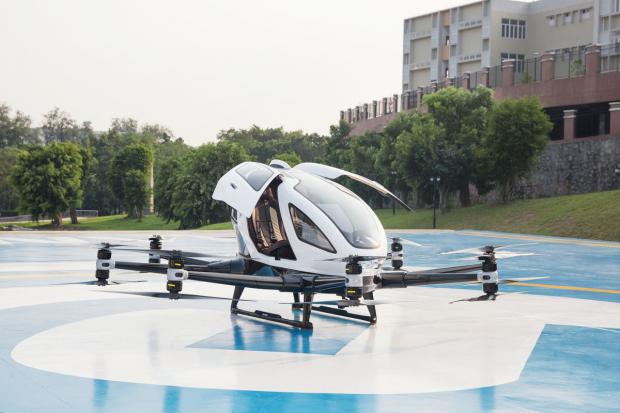
Breaking News
 U.S. Submarine Sinks Iranian Warship In First Torpedo Kill Since WWII
U.S. Submarine Sinks Iranian Warship In First Torpedo Kill Since WWII
 NY AG James Orders Hospital To Resume Gender-Transition Treatment For Minors
NY AG James Orders Hospital To Resume Gender-Transition Treatment For Minors
 Hollywood Celebrities Flee The US As The Woke Movie Industry Implodes
Hollywood Celebrities Flee The US As The Woke Movie Industry Implodes
 Iran Signals 'Prolonged War' As US Strikes Go Deeper, Kurdish Groups Deny Reports Of Offensi
Iran Signals 'Prolonged War' As US Strikes Go Deeper, Kurdish Groups Deny Reports Of Offensi
Top Tech News
 US particle accelerators turn nuclear waste into electricity, cut radioactive life by 99.7%
US particle accelerators turn nuclear waste into electricity, cut radioactive life by 99.7%
 Blast Them: A Rutgers Scientist Uses Lasers to Kill Weeds
Blast Them: A Rutgers Scientist Uses Lasers to Kill Weeds
 H100 GPUs that cost $40,000 new are now selling for around $6,000 on eBay, an 85% drop.
H100 GPUs that cost $40,000 new are now selling for around $6,000 on eBay, an 85% drop.
 We finally know exactly why spider silk is stronger than steel.
We finally know exactly why spider silk is stronger than steel.
 She ran out of options at 12. Then her own cells came back to save her.
She ran out of options at 12. Then her own cells came back to save her.
 A cardiovascular revolution is silently unfolding in cardiac intervention labs.
A cardiovascular revolution is silently unfolding in cardiac intervention labs.
 DARPA chooses two to develop insect-size robots for complex jobs like disaster relief...
DARPA chooses two to develop insect-size robots for complex jobs like disaster relief...
 Multimaterial 3D printer builds fully functional electric motor from scratch in hours
Multimaterial 3D printer builds fully functional electric motor from scratch in hours
 WindRunner: The largest cargo aircraft ever to be built, capable of carrying six Chinooks
WindRunner: The largest cargo aircraft ever to be built, capable of carrying six Chinooks
EHang secures first test flight permit in the heart of Europe

After flying into Spain earlier this year, the air taxi firm has now been granted its first trial flight permit in the European Union – but it's not in Seville.
Since first showing its multi-rotor air taxi actually carrying passengers back in early 2018, EHang has been doubling down on efforts to get its autonomous aerial vehicles into skies around the world.
In addition to committing to building a tourism terminal for its air taxi service in the City of Hezhou in Guangxi Province, and launching an air tourism project at the LN Garden Hotel in Nansha, test flights have been undertaken in the US, South Korea and Dubai.
Now the Civil Aviation Authority of Austria has given the green light for flight tests to take place, a first for the EU but not the first for the continent of Europe, as EHang secured an operational flight permit for long-term testing in Norway back in March.
This latest milestone follows a successful test flight of the two-passenger 216 model last month, which took to the air above St. Martin im Innkreis, flew for several minutes and the landed safely – despite the severe cold and high wind speed.
The EHang 216 features 16 independent rotors mounted in pairs on eight arms circling the cabin, can reach speeds of 130 km/h (80 mph) and has a per charge flight time of 21 minutes.
The Austrian flight permit, obtained together with strategic partner FACC AG, will now allow the company to demonstrate its technology to regulators, customers and partners.

 RNA Crop Spray: Should We Be Worried?
RNA Crop Spray: Should We Be Worried?

